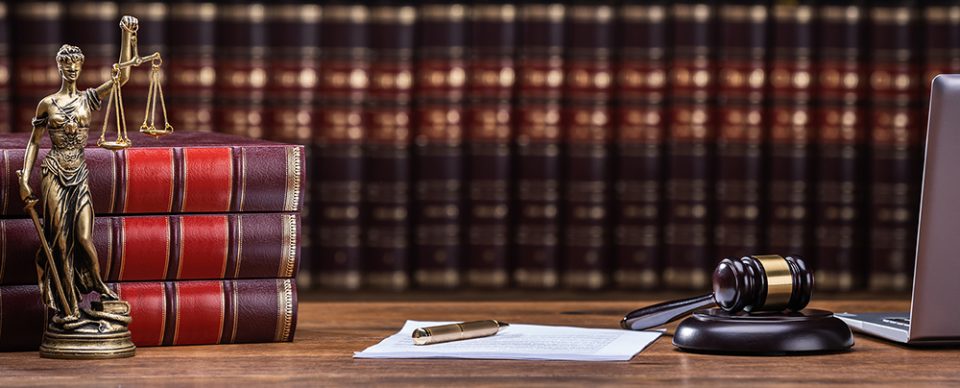Franchise lawyers are well versed in the ins and outs of the franchise business model. It’s vital for prospective franchisees to fully understand all documentation involved in their franchise investment, particularly the disclosure document (a comprehensive summary of pertinent information about the franchise system, its officers, finances, etc.) and the franchise agreement. As a potential franchisee about to invest your time, effort, and money, you’ll want a complete understanding of the relationship you’re about to enter into. This is where an experienced franchise lawyer comes in.
Though there are some common features found in franchise agreements, these can vary from franchise system to franchise system, and from franchisee to franchisee. Today, some provinces have franchise legislation that prescribes the information that franchisees must receive prior to signing on the dotted line. This is just one of the reasons why retaining a lawyer who has experience with the franchise business model is a wise choice.
So, where can you find a franchise lawyer? Prospective franchisees can find a lot of the information they need online, through sites like the CFA’s online directory of franchise support services members. Although the internet is a great source for some initial inquiries, prospective franchisees should speak and meet with lawyers first before retaining one.
When selecting a lawyer, there are a few things potential franchisees should consider. Look at the lawyer’s experience—have they dealt with the franchise you’re interested in before? How often have they acted for franchisors and franchisees?
Fees are another area that should be examined. Prospective franchisees should be comfortable with the costs and timelines, but should also look for quality services and a lawyer who understands your goals and your financial situation.
A large part of examining the franchise system is reviewing its disclosure documents and agreements. Clients are advised when meeting with their franchise lawyer to bring in everything that they’re being asked to sign, from the franchise agreement itself to any leases or other contracts. Usually these are standard documents, but each should still be looked at. It’s also important for some documents, such as the franchise agreement and real estate lease, to be examined together.
The lawyer is looking for two main things: franchisee obligations and potential risk. If, upon review, everything is in order, the franchisee signs on the dotted line and moves forward with establishing their franchise location. But it doesn’t necessarily signal the end of the relationship with the franchise lawyer, as once a good working relationship is established, many clients will return with other legal work down the road.
Having an experienced franchise lawyer on your team is an asset both during and after your franchise investigations.

